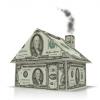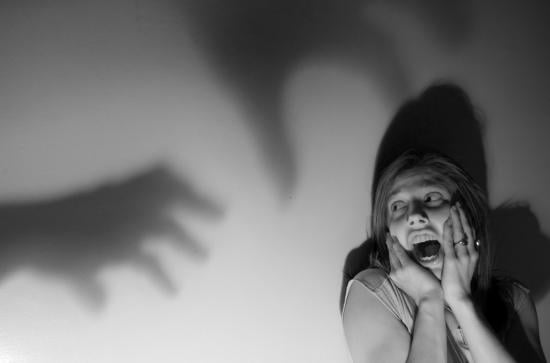
Breaking News
 After over 230 years in circulation, the last-ever penny was minted today in Philadelphia.
After over 230 years in circulation, the last-ever penny was minted today in Philadelphia.
 American diplomat, Robert Ford admits he & British intelligence agency, MI6 REBRANDED...
American diplomat, Robert Ford admits he & British intelligence agency, MI6 REBRANDED...
 The Foreign Worker Scam Exposes Trump's Economic Achilles Heel
The Foreign Worker Scam Exposes Trump's Economic Achilles Heel
 The 50-Year Mortgage – YOU WILL OWN NOTHING
The 50-Year Mortgage – YOU WILL OWN NOTHING
Top Tech News
 Blue Origin New Glenn 2 Next Launch and How Many Launches in 2026 and 2027
Blue Origin New Glenn 2 Next Launch and How Many Launches in 2026 and 2027
 China's thorium reactor aims to fuse power and parity
China's thorium reactor aims to fuse power and parity
 Ancient way to create penicillin, a medicine from ancient era
Ancient way to create penicillin, a medicine from ancient era
 Goodbye, Cavities? Scientists Just Found a Way to Regrow Tooth Enamel
Goodbye, Cavities? Scientists Just Found a Way to Regrow Tooth Enamel
 Scientists Say They've Figured Out How to Transcribe Your Thoughts From an MRI Scan
Scientists Say They've Figured Out How to Transcribe Your Thoughts From an MRI Scan
 SanDisk stuffed 1 TB of storage into the smallest Type-C thumb drive ever
SanDisk stuffed 1 TB of storage into the smallest Type-C thumb drive ever
 Calling Dr. Grok. Can AI Do Better than Your Primary Physician?
Calling Dr. Grok. Can AI Do Better than Your Primary Physician?
 HUGE 32kWh LiFePO4 DIY Battery w/ 628Ah Cells! 90 Minute Build
HUGE 32kWh LiFePO4 DIY Battery w/ 628Ah Cells! 90 Minute Build
 What Has Bitcoin Become 17 Years After Satoshi Nakamoto Published The Whitepaper?
What Has Bitcoin Become 17 Years After Satoshi Nakamoto Published The Whitepaper?
The Wages of Perpetual Fear

But I've also wondered at times whether people would hit fear-fatigue… that point where people have simply had enough and walk out from under it.
As it turns out, however, I was a bit optimistic on fear fatigue. I've been reading Robert Sapolsky's newest book, Behave: The Biology of Humans at Our Best And Worst, and was disappointed to learn what the best new research shows on the long-term application of fear. (Or, in the academic terminology, sustained stress.)
My disappointment, however, was soon tempered by two things:
I gained information on how fear poisoning works.
That human neurology is immensely variable, that there are exceptions to everything, and that if the whole picture were actually as dark as the most troubling findings, we'd have devolved into nothing but murderous monkeys long ago.
I barely need to say this, but 2020 has been The Year of Fear. I'm a bit amazed by the extent of it. There is a certain appeal to soaking up all the fear stories in normal times – our ability to look evil in the eye makes us appear vibrant – but 2020 has pushed far beyond that level. What we're encountering is much more than simple fear porn, and there are certain outlets (including websites) that I can only describe as obscene.
This is more destructive than people realize.
What Perpetual Fear Does To Us
I'm going to quote from Sapolsky, who is one of the better neuroscientists of our time. I'll edit a bit to simplify and to remove the brain-area references, and will follow the passages with a few elaborations.
"During sustained stress, we're more fearful, our thinking is muddled, we assess risks poorly, and act impulsively out of habit, rather than incorporating new data."

 Unbanked In A Connected World
Unbanked In A Connected World

